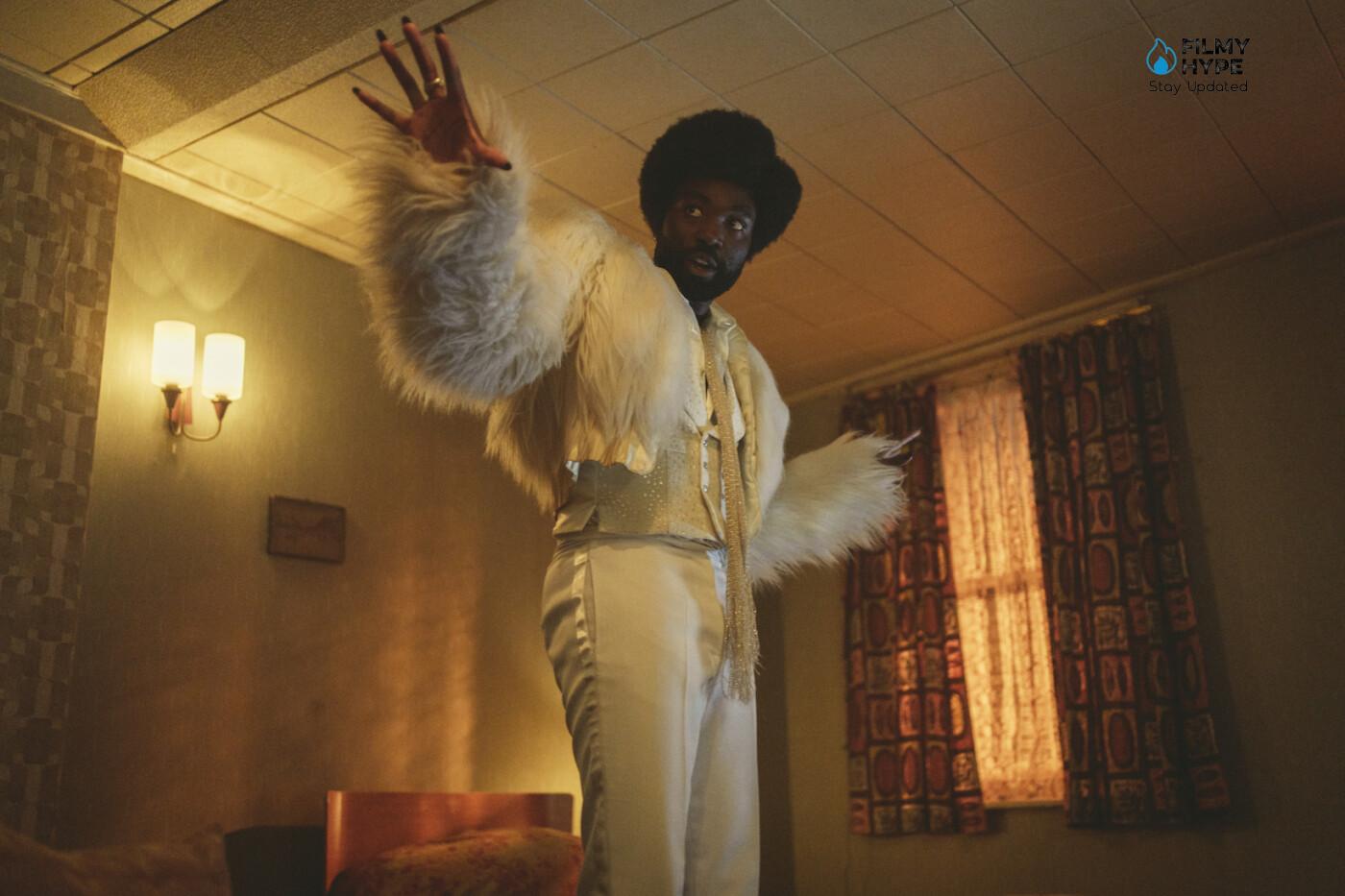Black Mirror: The Failure of The Black Mirror Season 6 Is Netflix’s Fault? Lets Find Out!
Black Mirror Season 6 released recently, as we told you in our review, has greatly disappointed us. Like us, many fans of the series have also struggled to find themselves in this new cycle of stories. But where are the origins of the problems? Many have promptly pointed the finger at Netflix, which curiously continues to see its role change: now that of the executioner, now that of the savior. But are things really like this? Is Black Mirror‘s Sixth Season Failure Really Netflix’s Fault? It seems to us that the situation is a little more complex.
Black Mirror: The Failure of The Black Mirror Season 6 Is Netflix’s Fault?
How Black Mirror Came from Netflix?
Following the special episode White Christmas, the creator of Black Mirror Brooker goes to the studios of Channel 4, the British television broadcaster of the series, to discuss the production of new episodes. At the meeting, the executives inform him that they are interested in continuing the employment relationship but that, given the restriction of the available budget, it is necessary to find new economic partners. Brooker subsequently brings some proposals to the table of Channel 4 but finds on the other side evasive behavior.

You change your mind, trying to find an agreement without any co-production but the broadcaster sets a condition: to provide in advance the themes that would be covered in the episodes. The author remains very dissatisfied with the proposal, given the previously rejected ideas he proposed. At that point, he decides to back off and go to Netflix – with which he had already had discussions about it – and to make an agreement to produce 12 new episodes, then divided them into two distinct seasons.
Did Netflix Restrict the Freedom of Brooker and Black Mirror?
As we have just seen in the report, reconstructed in several interviews by Brooker himself, the author of Black Mirror has decided to part ways with Channel 4 precisely because of a question related to his creative freedom. And he decided to work with Netflix himself. The reasons for this decision are many and understandable. On the one hand, a decidedly higher budget, on the other, the possibility of reaching everyone’s homes. Netflix is still today the streaming platform with the most widespread diffusion internationally, let alone between 2014 and 2015 when there was no trace of a competitor.
Last, but most important, is just the kind of creative freedom Brooker was looking for. Since the beginning of the production of its original content, the streaming platform has tried to grab well-known authors, promising absolute freedom and often very large budgets. A series of investments to make branding. Just think of cases such as Scorsese’s The Irishman, and Iñárritu’s Bardo (and many others) to realize that putting limits on creative processes to certain projects is not in the company’s interest. The same goes for Charlie Brooker and the Black Mirror seasons produced by Netflix.
Simple Answers to Complex Questions?
In the same last season, the last thing that seems to be missing is freedom. A cycle of episodes in which the author has freely chosen to leave the theme, varying as he pleases and mimicking the production company itself where he deemed it necessary. Not to mention that wanting to blame Netflix for the decline of Black Mirror would mean not taking into account some of the great episodes present in the seasons produced by the platform. San Junipero, Caduta Libera, Zitto, and Balla, are among the most beautiful episodes of Black Mirror and are all part of the “streaming period”. Another common allegation is that Brooker and Black Mirror became part of the system they criticized. As if the first two seasons were independent web series.

The world has changed, we have changed and probably Charlie Brooker himself has. More than ten years after its debut, we should be able to accept that an author and a series may have run out. Because the problem of this sixth season is not even the lack of relevance to the theme that has always distinguished Black Mirror. It is a qualitative question, generalized and transversal tiredness, and laziness. But then who is the culprit? This a complex question to which we all try to give an easy answer that can hide our greatest fear: sooner or later everything ends.





